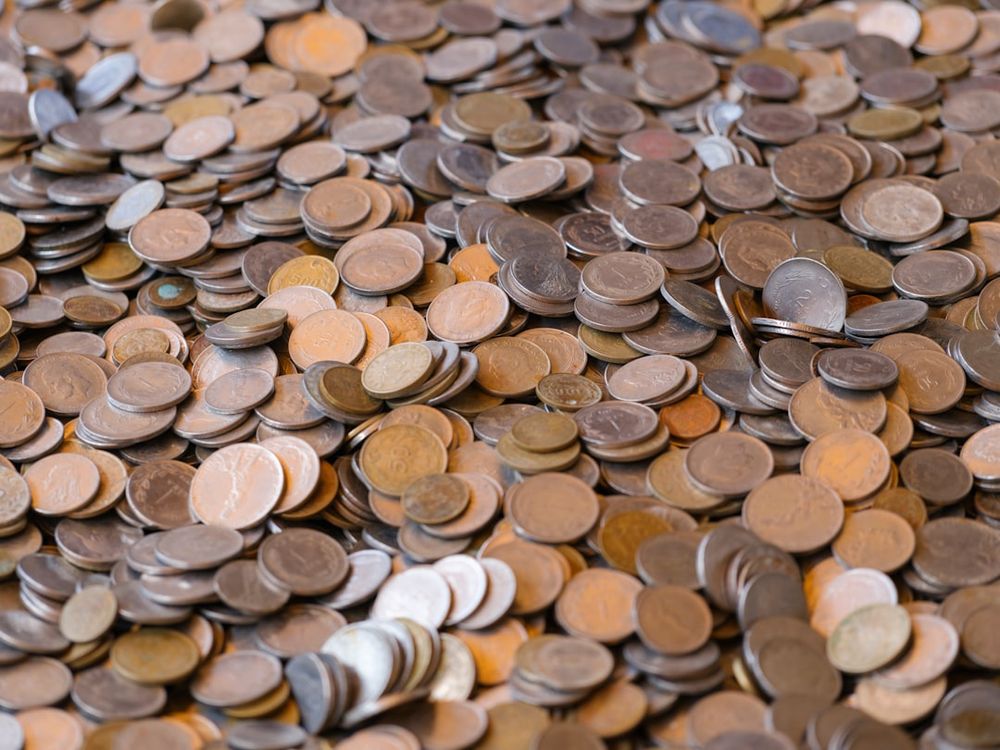Rebecca Stuart
@rebstuart.bsky.social
1.4K followers
350 following
8 posts
Irish monetary historian working on Swiss data, lecturer University of Neuchâtel and ZHAW, Honorary Professor of Practice in Finance, Queen’s University Belfast.
Posts
Media
Videos
Starter Packs
Reposted by Rebecca Stuart
Reposted by Rebecca Stuart
Reposted by Rebecca Stuart
Reposted by Rebecca Stuart
Reposted by Rebecca Stuart
Reposted by Rebecca Stuart
Reposted by Rebecca Stuart
Reposted by Rebecca Stuart
Reposted by Rebecca Stuart
Reposted by Rebecca Stuart
Stefan Gerlach
@sgerlach.bsky.social
· Aug 4

New Inflation Data Point to an RBA Cut
Punchline: The Reserve Bank of Australia surprised markets by holding rates steady in July, but the decision seems more understandable in hindsight given the limited CPI data available at the time.
swissmacroandhistory.substack.com
Reposted by Rebecca Stuart
Reposted by Rebecca Stuart
Stefan Gerlach
@sgerlach.bsky.social
· Jul 21

Interest Rate Differentials and the Swiss Franc 2.0
Punchline: In an earlier post, I found little evidence that the SNB–ECB policy rate spread drives the CHF/euro exchange rate, likely because the ECB’s unconventional policies make its policy rate a po...
swissmacroandhistory.substack.com
Reposted by Rebecca Stuart
Reposted by Rebecca Stuart
Reposted by Rebecca Stuart
Fergal O’Connor
@a-fergal.bsky.social
· Jul 4
Reposted by Rebecca Stuart
Reposted by Rebecca Stuart
Ronan Lyons
@ronanlyons.bsky.social
· Jun 27
Determinants of Incumbent Electoral Success: Evidence from 30 Years of Irish Elections | The Economic and Social Review
We examine the determinants of incumbent electoral success among members of Ireland’s lower house of parliament, Dáil Éireann, over a time-period covering seven General Elections (1992 to 2020). We utilise multiple sources to create a dataset linking incumbent politicians’ electoral outcomes to personal characteristics, constituency and election-specific characteristics, as well as a range of constituency-level socioeconomic variables. Our analysis reveals a number of important factors in determining the re-election success of politicians. Notably, being a woman reduces an incumbent’s chances of re-election by 10 percentage points, even after controlling for a wide range of other potentially important factors. Holding a senior ministerial position is found to significantly boost an incumbent’s re-election prospects, while being a junior minister has no impact. However, absent a senior ministerial position, being a member of a ruling government party or coalition is associated with significantly lower re-election success. We construct a measure of competitiveness and find that an incumbent in a more competitive constituency is less likely to be elected, while past performance, as measured by the order in which an incumbent is elected in the previous contest, is found to be an important predictor of current success.
www.esr.ie
Reposted by Rebecca Stuart
Reposted by Rebecca Stuart













